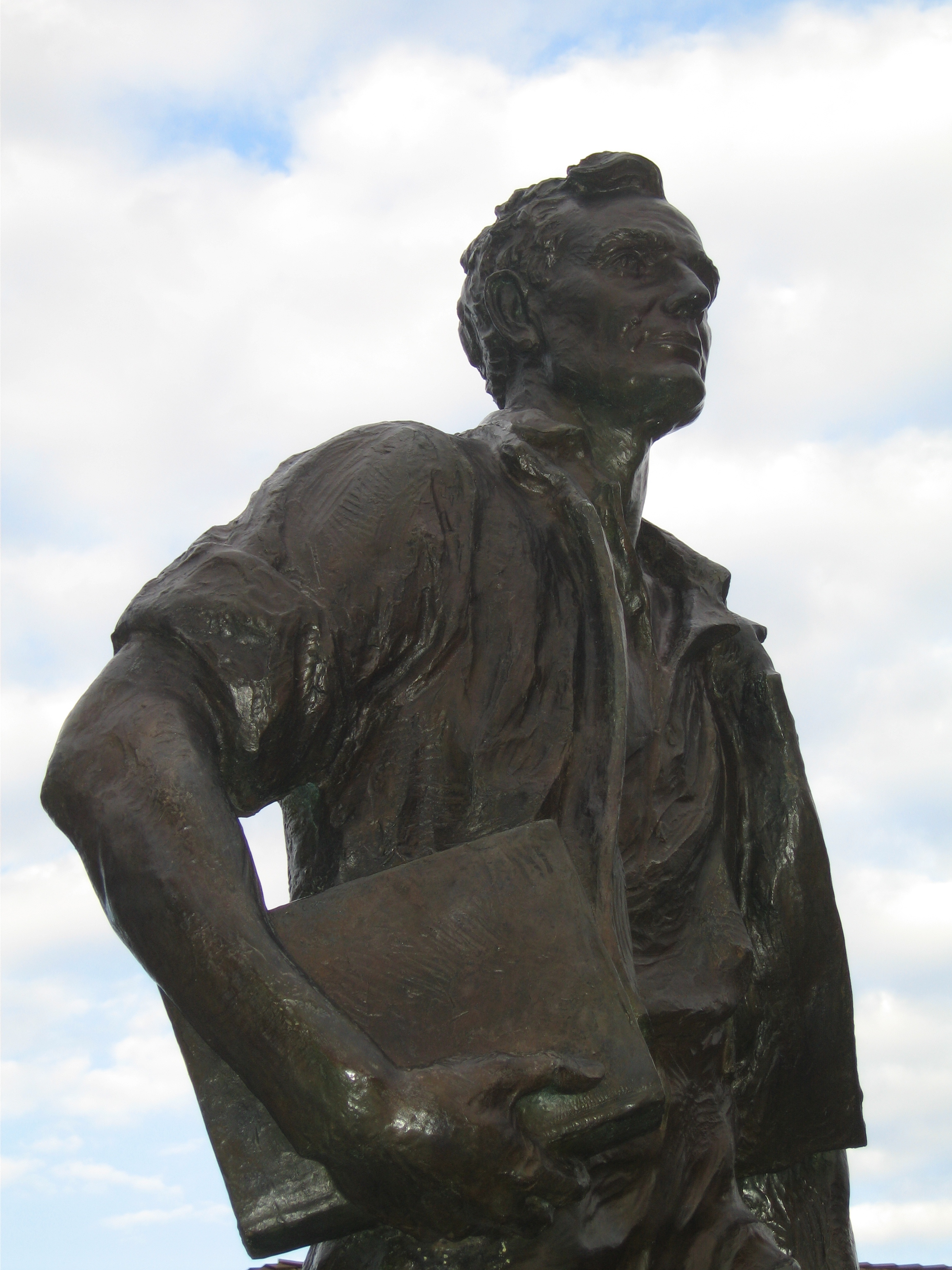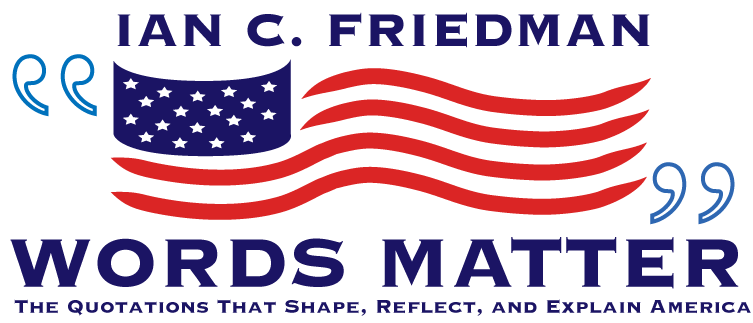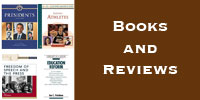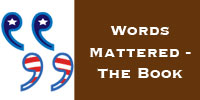“We shall nobly save or meanly lose the last best hope of earth.” – Abraham Lincoln, December 2, 1862
 Happy 201st birthday to Abraham Lincoln, the greatest president in the history of the United States of America.
Happy 201st birthday to Abraham Lincoln, the greatest president in the history of the United States of America.
In addition to his extraordinary leadership, Lincoln is also remarkable for his distinctive eloquence. I will be writing in the future about several of his most memorable and familiar words, but today I am highlighting one of Lincoln’s quotations that is likely less recognizable, but still enormously meaningful.
In his second address to Congress (these addresses would be presented as speeches and referred to as the State of the Union decades later), Lincoln submitted a document to members of the House of Representatives and Senate during an early and grim stage of the Civil War. The entire address is expertly written, clear, and persuasive. It deals with many complex and controversial issues, particularly the need to preserve the Union at the most severe cost of civil war as well as the practical and moral imperative to end slavery.
The photo accompanying this post was taken by me exactly 52 weeks ago today at the Abraham Lincoln Presidential Library and Museum in Springfield, Illinois. I have been to the presidential libraries of Lincoln, Eisenhower, Kennedy, Ford, and Lyndon Johnson and I highly recommend each of the places, if you ever find yourself in Springfield, Abilene (KS), the south side of Boston, Grand Rapids, or the great town of Austin, Texas.
Following are the final two paragraphs from this address:
Is it doubted, then, that the plan I propose, if adopted, would shorten the war, and thus lessen its expenditure of money and of blood? Is it doubted that it would restore the national authority and national prosperity and perpetuate both indefinitely? Is it doubted that we here–Congress and Executive can secure its adoption? Will not the good people respond to a united and earnest appeal from us? Can we, can they, by any other means so certainly or so speedily assure these vital objects? We can succeed only by concert. It is not “Can any of us imagine better?” but “Can we all do better?” Object whatsoever is possible, still the question recurs, “Can we do better?” The dogmas of the quiet past are inadequate to the stormy present. The occasion is piled high with difficulty, and we must rise with the occasion. As our case is new, so we must think anew and act anew. We must disenthrall ourselves, and then we shall save our country.
Fellow-citizens, we can not escape history. We of this Congress and this Administration will be remembered in spite of ourselves. No personal significance or insignificance can spare one or another of us. The fiery trial through which we pass will light us down in honor or dishonor to the latest generation. We say we are for the Union. The world will not forget that we say this. We know how to save the Union. The world knows we do know how to save it. We, even we here, hold the power and bear the responsibility. In giving freedom to the slave we assure freedom to the free–honorable alike in what we give and what we preserve. We shall nobly save or meanly lose the last best hope of earth. Other means may succeed; this could not fail. The way is plain, peaceful, generous, just–a way which if followed the world will forever applaud and God must forever bless.




